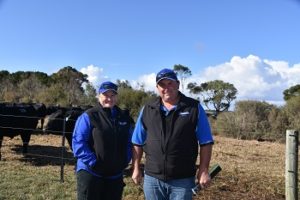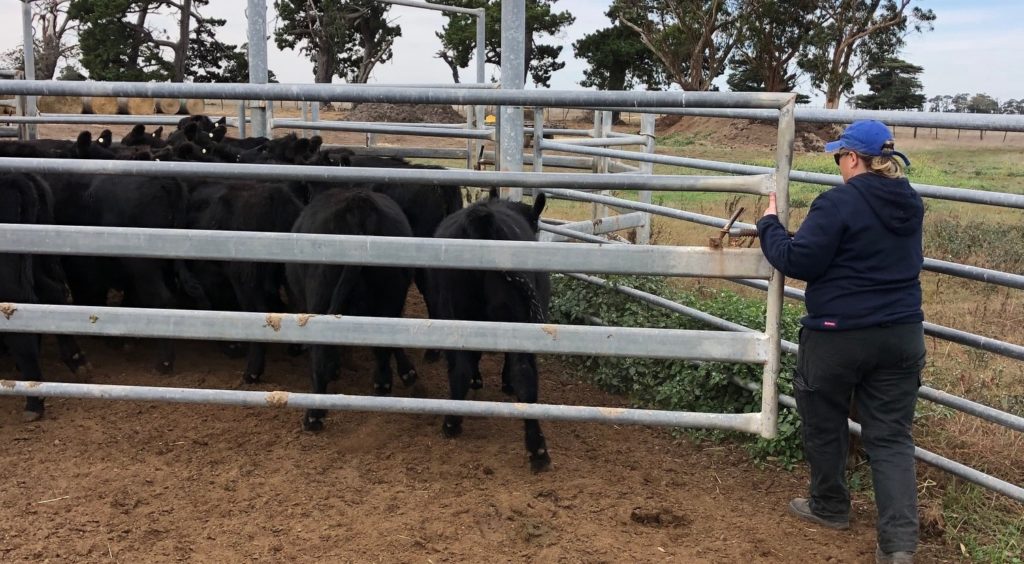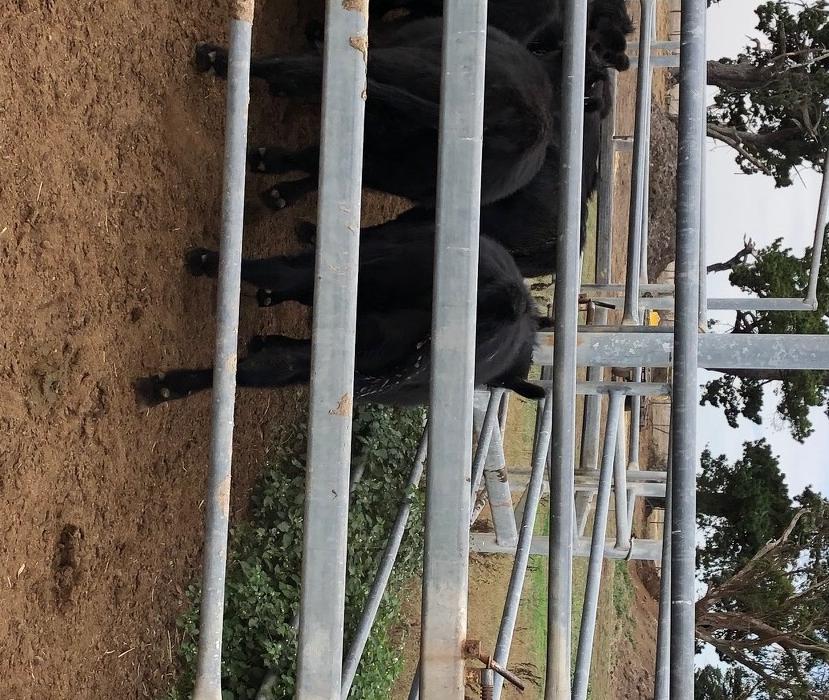
“Being an effective stock handler is about knowledge, understanding, attitude and patience”, said Paula Warren after attending a Low Stress Stock Handling School (LSS) with husband George, presented by Nic Kentish last month.
“Running 1200 Angus cattle, on the Danedite property near Camperdown, our cattle handling needs to be as efficient as possible”
Which is why Paula said they decided to take part in a LSS course, hosted by Te Mania Angus, at Mortlake. Paula described it as a “fantastic course”.
“The whole day was very well executed thanks to Nic Kentish and we both found we had learnt a lot from it,” Paula added.
“Better still, we also discovered we could put those strategies we have been shown into immediate practice in our yards and see the equally immediate benefits with the cattle.
“As well as our personal state of mind,” she laughed.
Paula said as a couple focused on speed and efficiency, the first major change from the course was realising they had to “slow our approach, mentally, while working cattle in the yards”.
She said by ‘reading’ the cattle and acting from their ‘cues’ that change actually made their yard work quicker and easier – “for the cattle and us”.
“Although our animals are bred from Te Mania Angus stock, which are renowned for good temperament, we would still recommend this course to anyone wanting to improve their work ethic and reduce stress on their animals.”
Te Mania Angus director Tom Gubbins said the stud has been hosting Low Stress Stock Handling Schools for 12 years and it has been transformational in the way he and their staff interact with the Te Mania Angus herd.
Tom said stockmanship is an important ingredient for successful livestock businesses.
He said human-livestock interaction has been changing and in the past 20-30 years most grazing operations have to varying degrees substituted the need for high levels of stockmanship by changing yard design and facilities.
“LSS has taught us that unfortunately our human nature has focused more on what we want and less on what animals want,” Tom explained.
“Low Stress Stock Handling places the emphasis on mutually beneficial outcomes for stock and handlers regardless of yard design,” he said.
“The foundation for LSS is four basic animal instincts that explain what animals want and why they behave the way they do, combined with seven principles that guide how we can interact with the animals to work with those natural instincts and produce low stress outcomes.
“If the right methods are implemented, livestock will move with less stress through most facilities. Moving stock can be a low stress, painless activity for the livestock and the handlers.”
Tom said the business benefits of training people in animal handling were enormous, leading to improved production gains, better meat quality and higher economic return.’
He said research showed one of the major causes for losses in meat quality (bruises, mortality, meat downgrades) was caused by poor handling by the stock handlers.
“Jim Lindsay, the founder of LSS believed a person’s attitude was the key to obtaining benefits for both people and livestock,” Tom said.
“The right attitude promotes harmony between human and animal in the work environment,” he said.
“We can put ourselves in a position to be able to consider the situation from an animal’s point of view and therefore have an obligation to do so.
“When we have knowledge of how an animal reacts to different situations we can use that information to effect.






